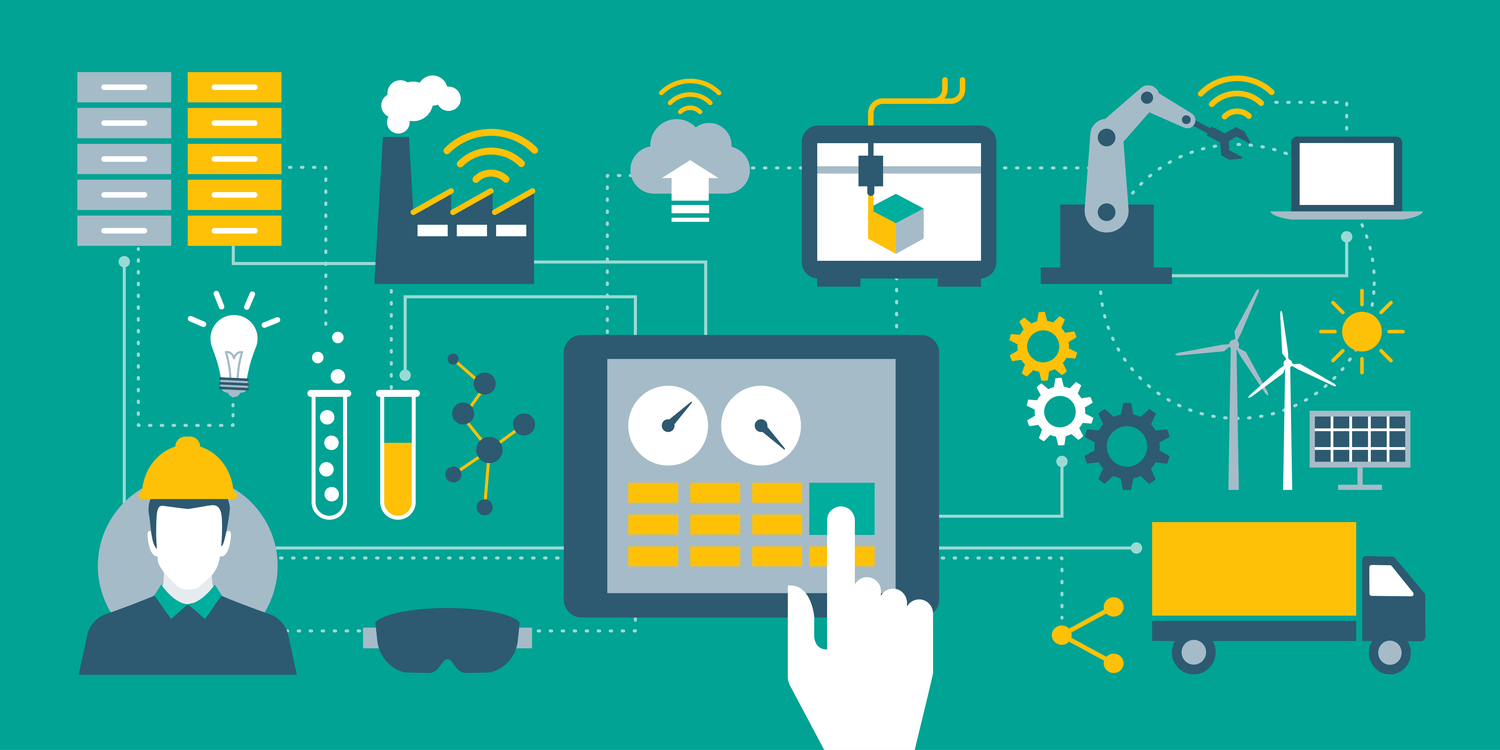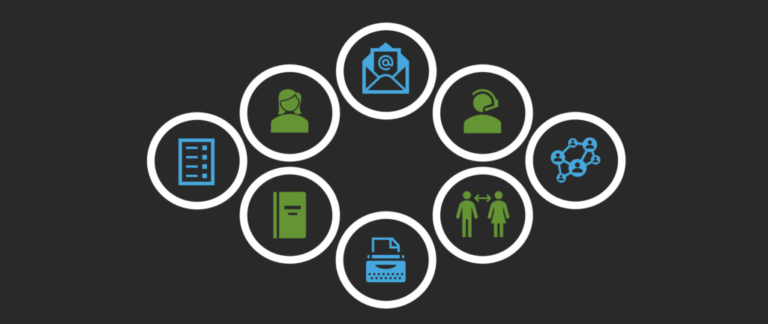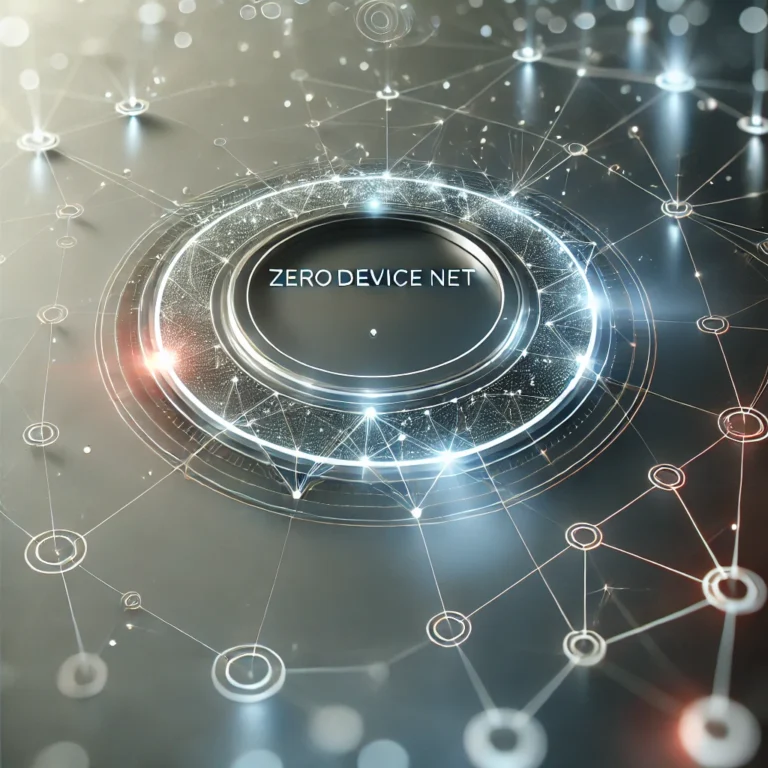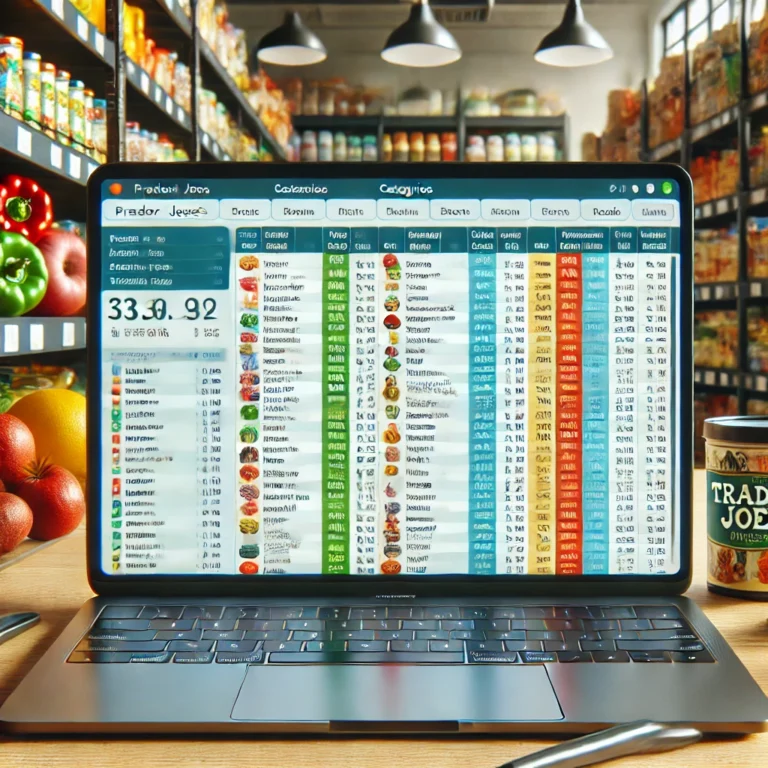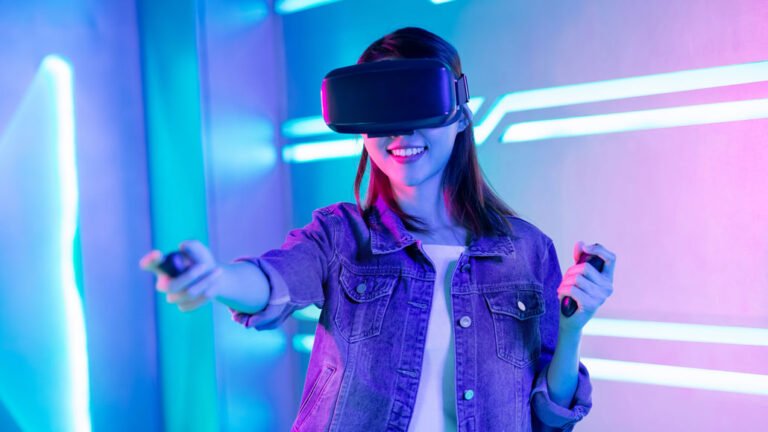The Role of Technology in Shaping the Modern World
Technology has transformed every aspect of our lives, from how we communicate to how we work, learn, and entertain ourselves. Its rapid evolution continues to shape the way we live, making tasks faster, more efficient, and accessible across the globe. Whether in education, healthcare, business, or everyday activities, technology plays a crucial role in shaping the modern world.
Communication Revolution
One of the most significant impacts of technology is in communication. Over the past few decades, we have shifted from handwritten letters and landlines to instant messaging, social media, and video calls. With the rise of smartphones and high-speed internet, it is now easier than ever to stay connected with anyone, regardless of location. Technologies like Zoom, WhatsApp, and social platforms have turned the world into a global village.
| Communication Tool | Key Advantage |
|---|---|
| Instant communication for business | |
| Social Media | Connecting with a global audience |
| Video Calls | Face-to-face meetings from anywhere |
Impact on Education
Education has undergone a dramatic transformation due to technology. Online learning platforms, interactive tools, and virtual classrooms have made education more accessible to people worldwide. Students can now learn at their own pace, access a vast array of resources, and even earn degrees from the comfort of their homes. Tools like Zoom, Khan Academy, and Coursera have made knowledge more democratized, helping to bridge the gap between learners and educational opportunities.
Advantages of technology in education:
- Personalized learning experiences
- Access to global resources
- Flexibility in study schedules
- Collaboration with international peers
Healthcare Advancements
In healthcare, technology has made significant strides in improving patient care, diagnostics, and treatments. Innovations like telemedicine, wearable health devices, and AI-powered diagnostics have revolutionized the way healthcare professionals deliver services. With telehealth, patients can now consult with doctors remotely, reducing the need for in-person visits. AI technologies are also helping in the early detection of diseases, personalized treatment plans, and improved surgical outcomes.
| Technology in Healthcare | Impact |
|---|---|
| Telemedicine | Access to healthcare from anywhere |
| Wearable Devices | Real-time health monitoring |
| AI Diagnostics | Faster, more accurate disease detection |
Business and Industry Transformation
Technology has transformed how businesses operate. The rise of automation, artificial intelligence, and cloud computing has made processes more efficient and streamlined. Companies can now manage their operations remotely, optimize supply chains, and analyze data in real-time to make informed decisions. E-commerce has expanded the marketplace, allowing businesses to reach customers around the globe.
Technologies transforming business:
- AI for predictive analytics and decision-making
- Cloud computing for scalable storage and collaboration
- Automation for reducing manual labor and human error
- E-commerce platforms for global reach and accessibility
Entertainment and Media
Entertainment has been revolutionized by technological advancements. Streaming services like Netflix, YouTube, and Spotify have replaced traditional forms of media consumption. Video games, virtual reality (VR), and augmented reality (AR) offer immersive experiences for users, blurring the lines between the real and digital worlds. Technology has allowed creators to reach wider audiences, transforming the way content is produced, distributed, and consumed.
| Entertainment Technology | Impact |
|---|---|
| Streaming Services | On-demand access to media |
| VR/AR | Immersive gaming and experience |
| Social Media | Direct interaction with content creators |
Artificial Intelligence and Automation
Artificial intelligence (AI) is one of the most exciting and rapidly advancing areas of technology. AI has already begun to change industries by automating repetitive tasks, analyzing large datasets, and improving decision-making processes. From chatbots in customer service to self-driving cars and smart assistants like Siri and Alexa, AI is becoming a part of daily life.
Applications of AI:
- Automated customer support
- Autonomous vehicles
- Personalized content recommendations
- AI-driven marketing and analytics
Conclusion
Technology is a driving force in the modern world, continually shaping how we live, work, and interact. From communication and education to healthcare and entertainment, technology improves efficiency, accessibility, and overall quality of life. Its continued evolution promises even greater innovations in the future, ensuring that we remain on the cutting edge of human progress.
